No matter how you spin it, going through a divorce just plain sucks. Even in the best of circumstances — i.e., ex-spouses that are committed to getting along, financially stable on both sides and able to introduce big changes smoothly — the end of a marriage can be challenging in a variety of ways. For most parents, the hardest part is wondering how it will affect their kids.
Whether they’re toddlers or 20, the children of divorce likely have plenty of emotions tied up in the end of their family as they knew it. Luckily, there’s tons of research on the subject as well as anecdotal advice from other parents who’ve been there and made it to the other side with everyone (mostly) unscathed.
Here are 14 tips on how to talk to kids about divorce and other things you can do to soften the flow.
Be Clear With Your Language

Getty Images
Sometimes, kids have a hard time wrapping their heads around a divorce and exactly what it means for their family. Children of divorce (even older children) sometimes hold out hope that their parents will one day reunite.
In order to avoid confusion, it’s extra important to be upfront and concise with what you say about the end of your marriage.
Try This

Make sure children understand that this is not a short-term solution and that you’ve thought long and hard about the decision. Making sense of tough life situations is always hard, but having false hope makes it even harder.
That’s why you need to make sure to tell kids what’s really going on in the clearest language possible.
Get on the Same Page as Your Ex
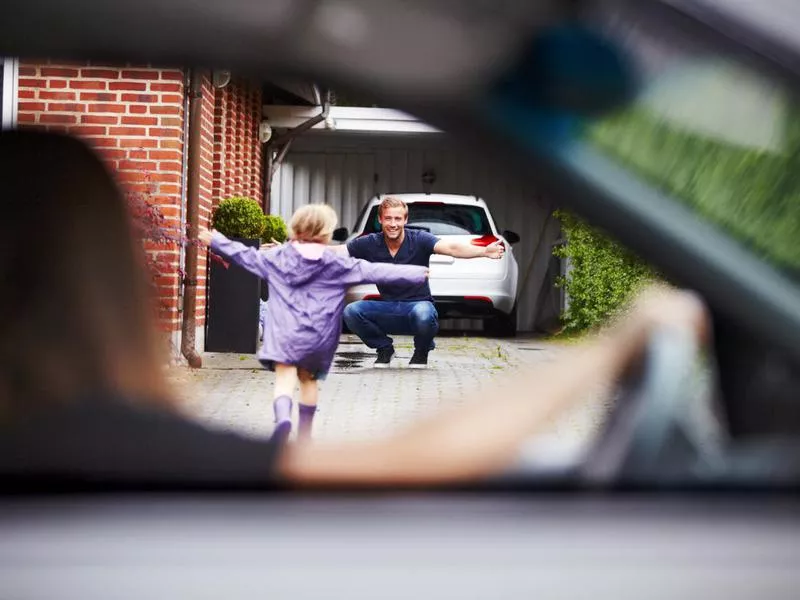
Getty Images
Whether you’re talking about what the weekly schedule will be, what happens on holidays or what responsibilities belong to you or your ex, make sure you’re not on completely different pages.
If you aren’t aligned when it comes to the way things are going to work, chances are, there’s going to be added tension.
Try This
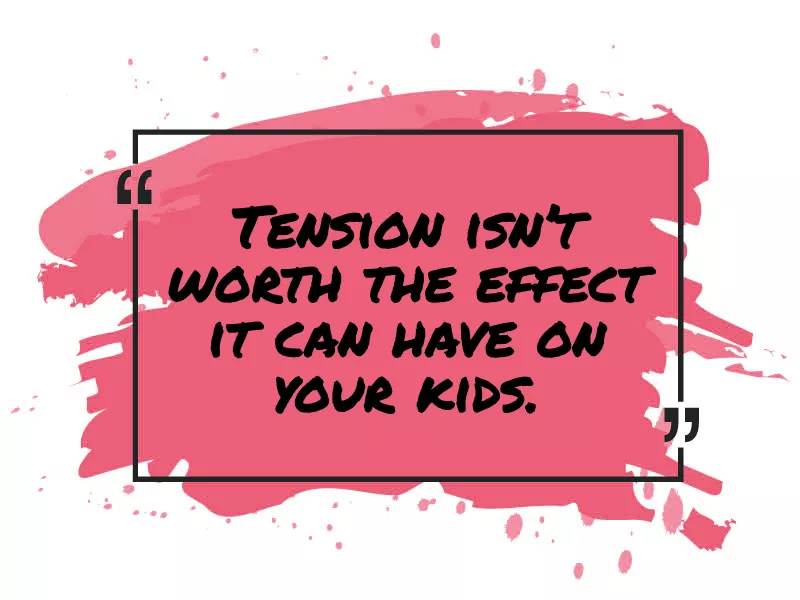
Remember, tension isn’t worth the effect it can have on your kids, who need to feel a sense of security, especially in this transitional time.
Knowing they have two parents who are working together, even though they are no longer married or living together, can bring a sense of relief and stability.
Keep Important Discussions Away From the Kids
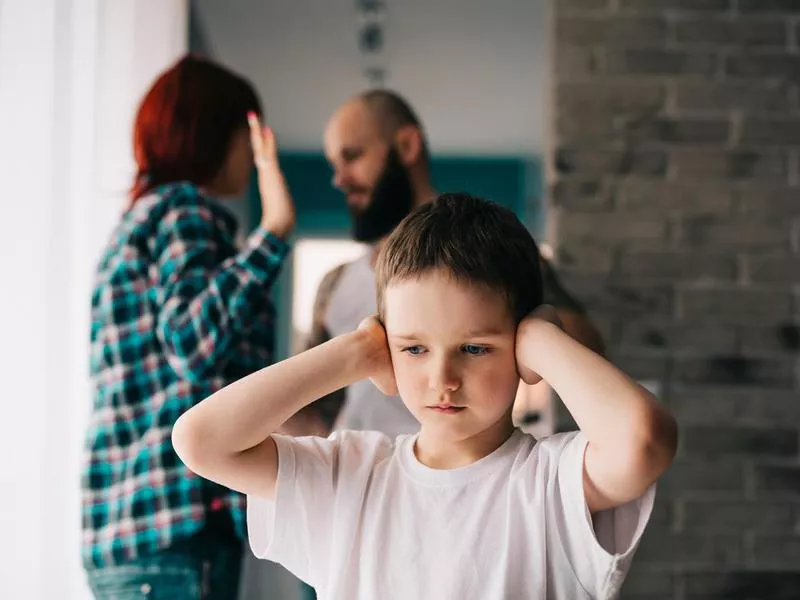
Getty Images
If you aren’t seeing or communicating with your ex as much anymore, which makes total sense, the main time you might have to discuss things with them is when you are swapping the kids.
But take note: This isn’t the time to bring up important matters like money, child support, switching up the routine or emotional issues.
Try This
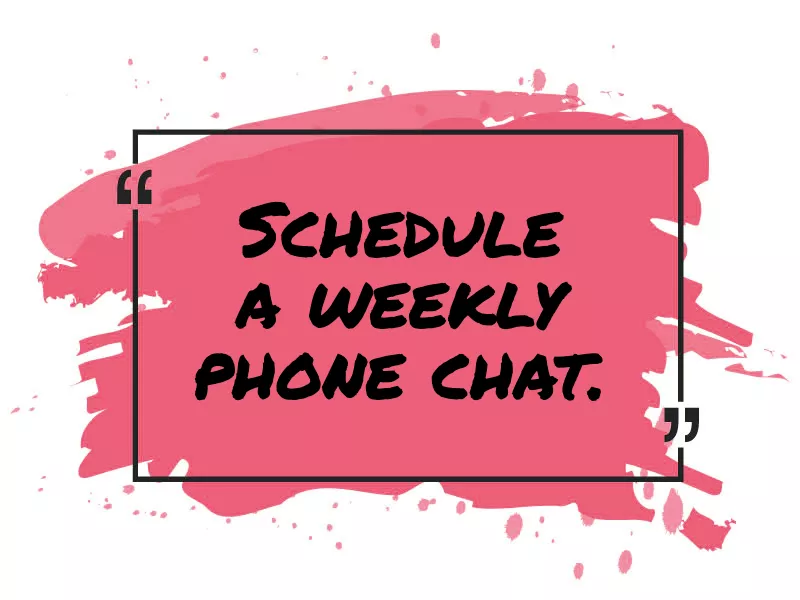
You definitely have a lot to work through and probably some added stress, but constantly talking about the big things in front of your children can stress them out, too.
Schedule a weekly phone chat or a time to sit down and have coffee when the kids aren’t around to sort through important issues that need hashing out.
Keep the Peace

Getty Images
In the midst of a separation or a divorce, emotions can run high. It is not uncommon for ex-spouses to have it out once in a while in the most challenging points of separating their lives.
It doesn’t mean you’re a bad person if your temper gets away from you either. There are simply so many thoughts and feelings tied up at the end of a marriage, and if the end wasn’t peaceful or wanted by both parties, emotions may be even more complicated and straining.
Try This
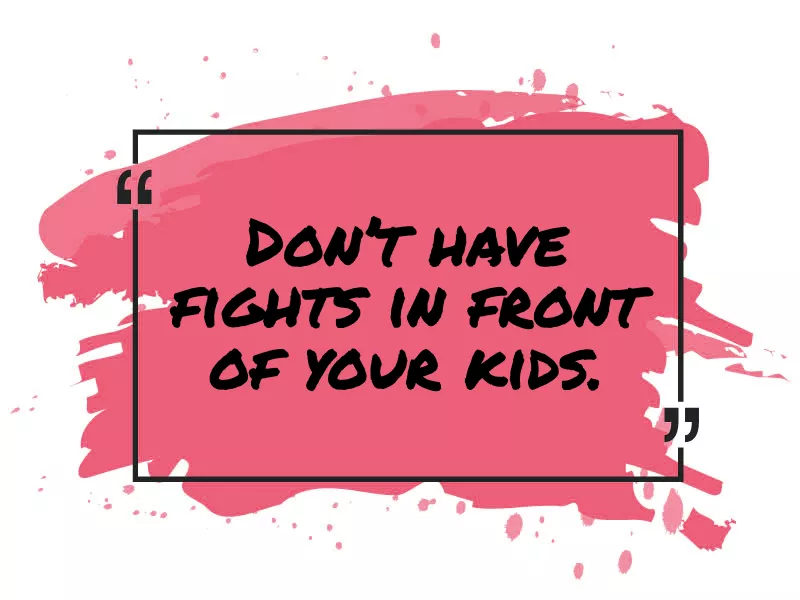
Do everything you can — whether it’s going to a counselor together to figure out how to be civil or taking a break from talking when things are too difficult. But whatever you do, don’t have knock-down-drag-out fights in front of your kids. It can be scary and maybe even traumatizing.
Plus, they won’t know whose side to be on. That helpless feeling is downright awful for kids of any age.
Find Boundaries

Getty Images
Figuring out your new comfort zone and how to have a relationship with your ex-partner is tough. But it’s important to create boundaries that everyone feels good about.
For example, can the ex stop by unannounced now that you’re no longer living together? Do you want to hear from them every day, or do you need more space?
Try This

Be clear about what you want and need, so those lines can be drawn.
Finding a new normal will take time and practice, but it’s important to establish because it helps everyone heal and settle in.
Be a Good Listener
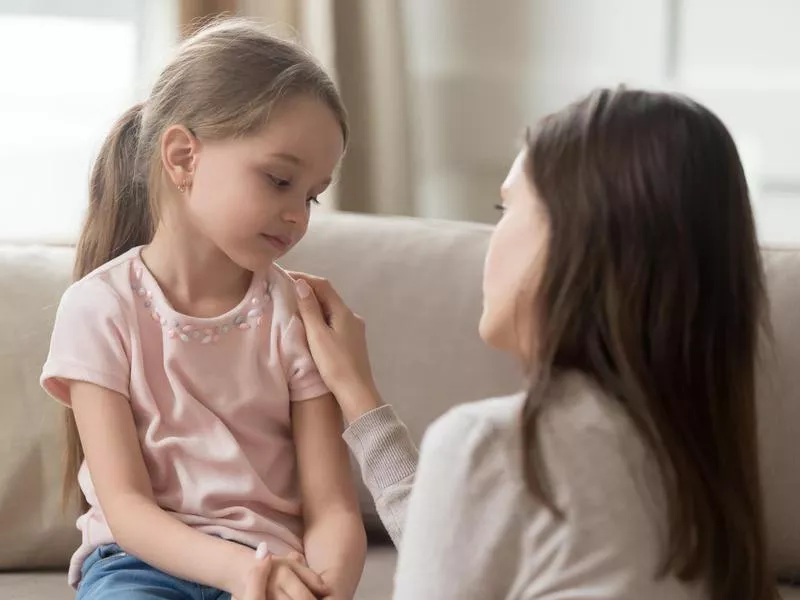
Getty Images
During a divorce, it’s easy to get caught up in your own feelings. After all, your marriage ended, you may have moved, and you likely see your kids a bit less.
It’s a big adjustment. But don’t forget that your kids will have feelings, too, and a lot of them.
Try This
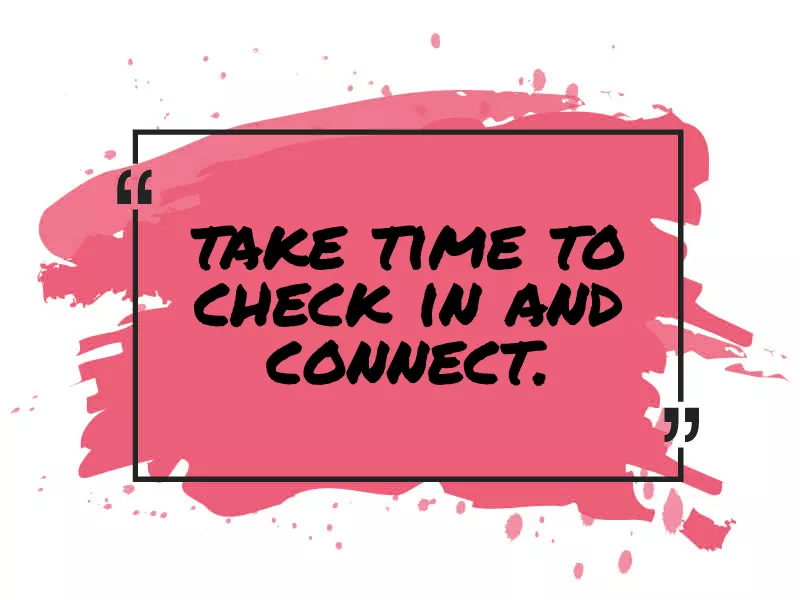
Your kids might not always be rushing to tell you what they’re feeling, especially if those emotions are big and complex, and they aren’t fully in tune with how to articulate it.
That’s why it’s all the more important that you take time to check in, touch base and connect. Make it known that your door is always open to talk about whatever they want, to ask questions and, ultimately, to feel heard.
Find Healthy Living Arrangements

Getty Images
One of the hardest things for kids whose parents have split is that they have to go from having one home to two. If those homes are both enjoyable places to visit, great!
But when kids aren’t happy at one of the homes, things can get sticky. For both parents, making sure kids have a healthy living arrangement should be a huge priority.
Try This

While it certainly takes time to adjust to change, ultimately, you want kids to feel comfortable in both of their homes. If they don’t, there will likely be push-back when it’s time to go to the home they don’t really like.
You don’t have to spoil them rotten, but take care in making your home a place your kids feel content in, too.
Let the Kids Be Involved
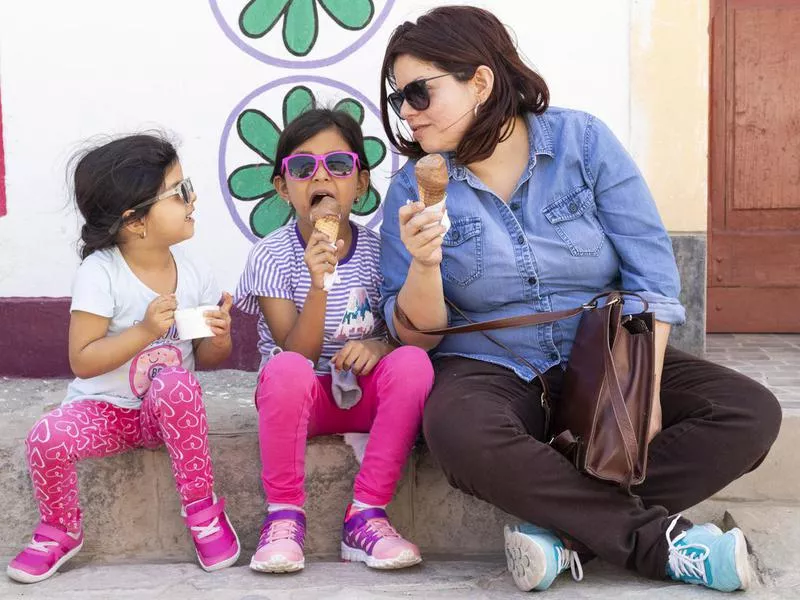
Getty Images
When it comes to helping kids feel comfortable, sometimes giving up a little control can help.
Things are shifting, which is an excellent time to make room for new habits and traditions to form. Let kids decide some of what those will be!
Try This
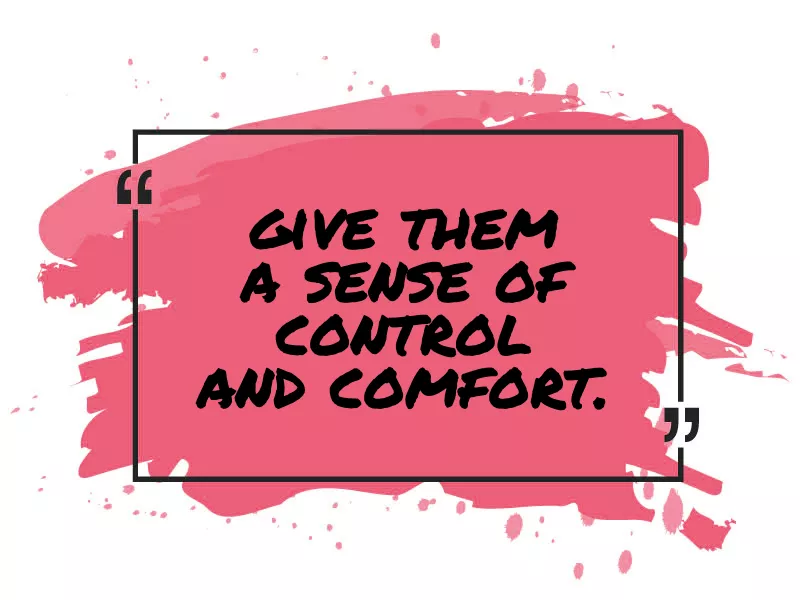
Let them decide what you’ll do on a Friday night, what to eat for dinner or what new activities you might try together.
You can also let them help decorate their rooms or weigh in on other small changes that might give them a sense of control and comfort.
Find a Way to Celebrate

Getty Images
Your family has completely changed. While that’s hard and a lot to get used to, it’s not all bad. You likely got divorced for a good reason, so after the adjustment period, it’s OK to embrace your new family dynamic.
Leaving an unhappy marriage can give you a new lease on life, so celebrate that you have more energy to put into being the best and happiest parent you can be.
Try This
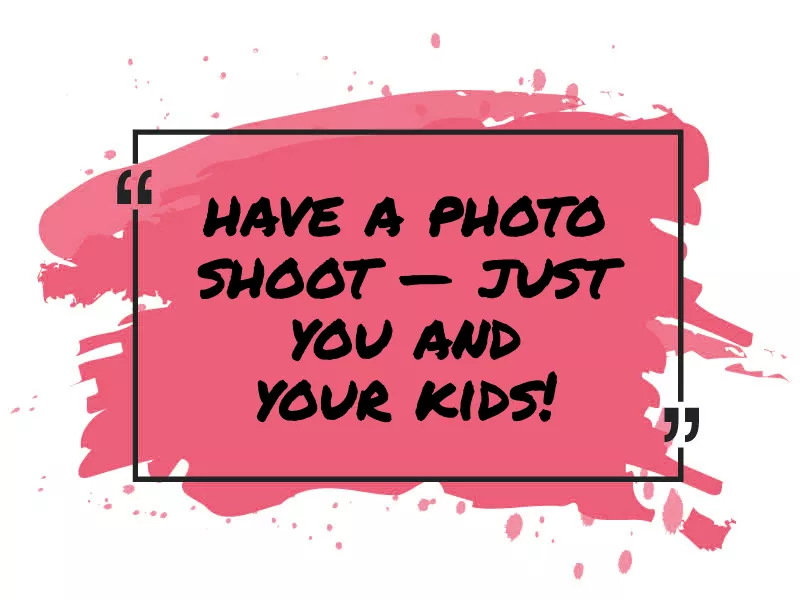
One great way to celebrate is to have a photo shoot — just you and your kids!
Get some beautiful pictures taken that show how amazing it is to be strong and independent, and still a great parent.
Keep as Much Normalcy as Possible

Getty Images
This one is easier said than done. Honestly, things might not feel normal again for a while.
But there are some things you can do to hold onto feelings of calm stability. If there are some things you’ve always done, like go get donuts every Sunday morning or visit the park after school, make every effort to keep doing them.
Try This
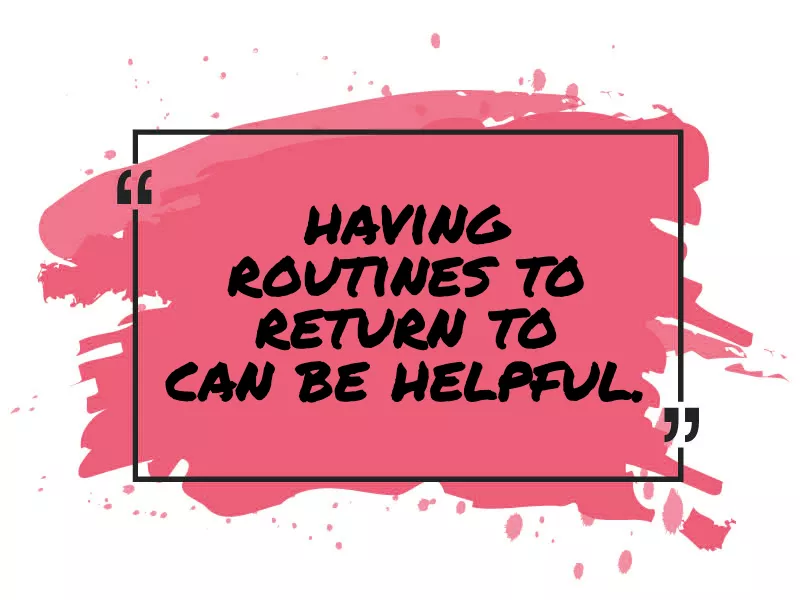
A lot has to change, that’s for sure. But everything doesn’t have to.
In the toughest of times, having routines to return to can be helpful and make kids see that some things are bound to stay the same.
Show the Kids That They’re the Priority
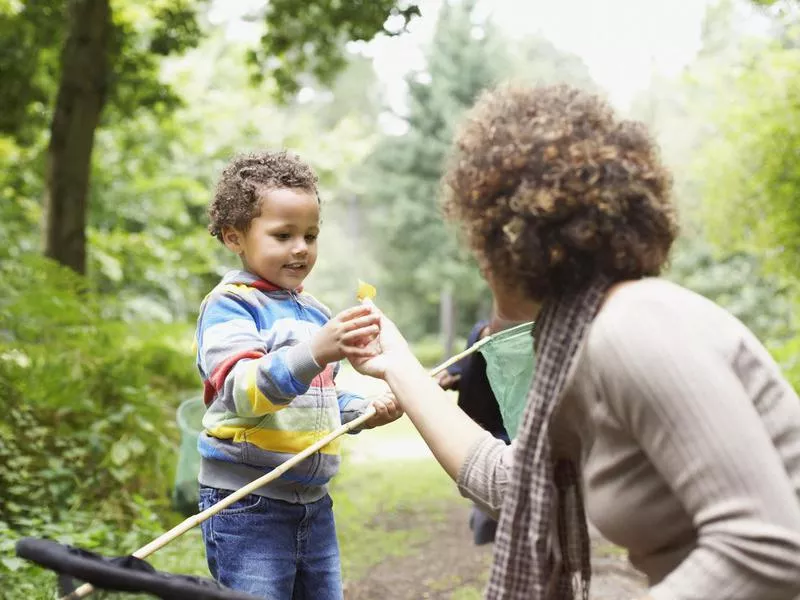
Getty Images
As draining and demanding as it is, divorce is the time to step it up for your kids. It’s the time to keep your commitments and give them the best of you.
If you said you were going to play a game with them, head to the park or go see the new Marvel movie, making good on your promise.
Try This
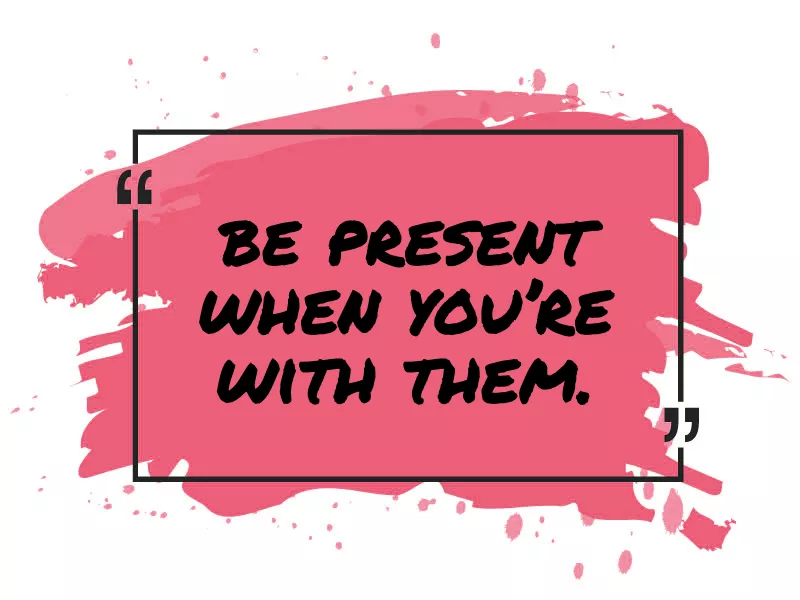
However, it’s not all about getting them things or being the fun parent in every instance. It’s just about keeping that trust so that your kids believe what you tell them. So, be present when you’re with them.
Overall, you want them to understand that, even though you’re going through big changes, too, taking care of them is your biggest priority and will continue to be, no matter what.
Don’t Talk Badly About Your Ex
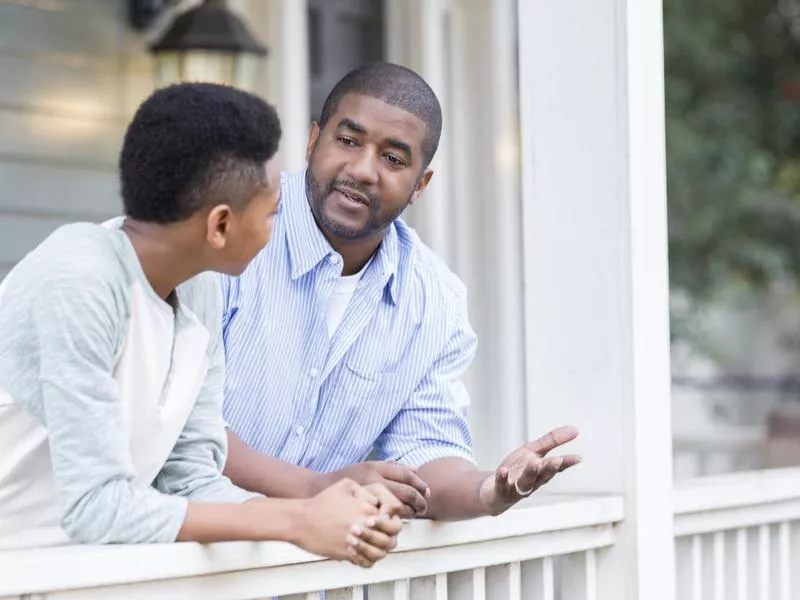
Getty Images
It’s easy to think you would never speak badly about your ex in front of your kids. But when you’re really angry, you just might!
Sometimes, you’re so caught up in your own emotions, you just don’t even think about what you’re saying or what the repercussions might be.
Try This
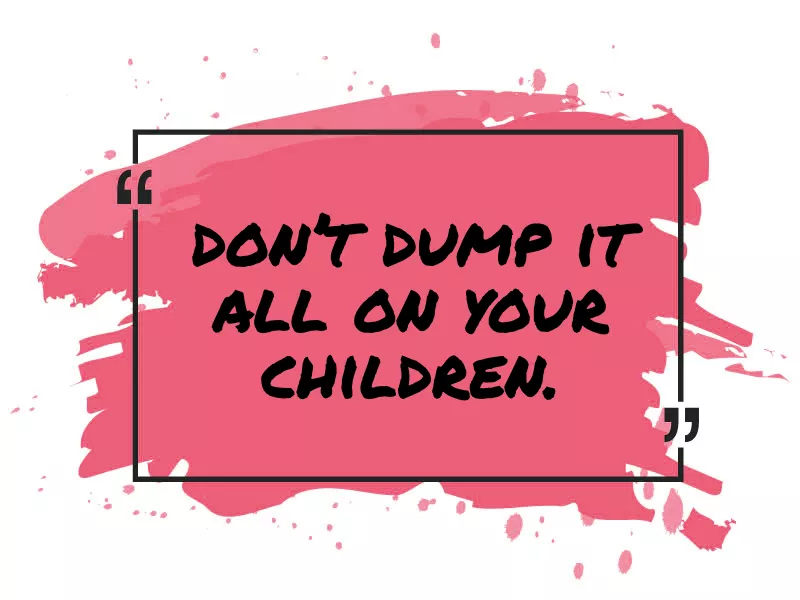
Even if you’re really mad, talk to anyone else about it but your kids. Find a therapist, vent to a friend or your own parent. But don’t dump it all on your children.
It’s unfair, confusing and not meant for their ears. They love you both, and talking badly about the other one will likely just make them frustrated with you, not your co-parent.
Don’t Forget to Take Care of Yourself

Getty Images
One of the easiest things to let go of when you’re caring for everyone else, especially in times of stress, is your own needs. But you’re just as important as everyone else.
Not to mention, if you don’t cater to yourself, then the well-oiled machine that is your family falls apart. Give yourself extra love and attention because, at this point in your life, you need it!
Try This
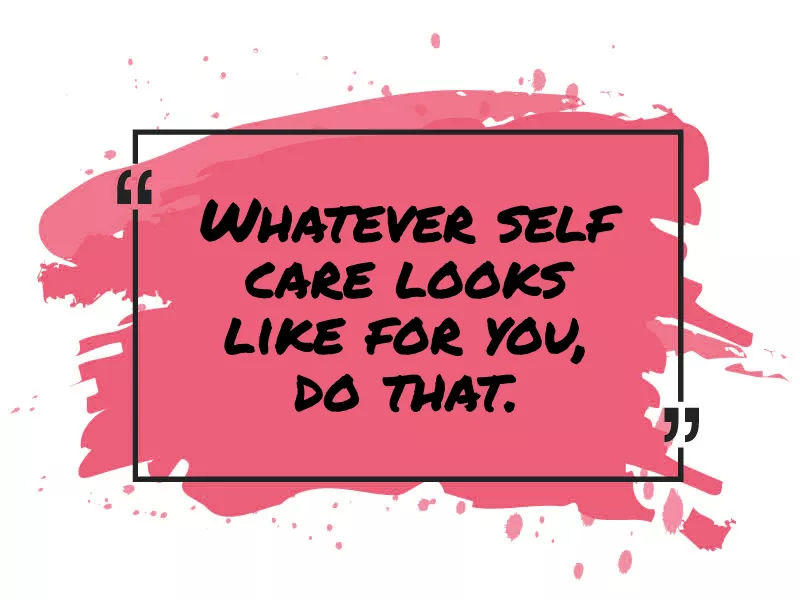
Whatever self care looks like for you — taking a bath, not neglecting your workout, making sure you get plenty of rest or getting a mani-pedi — do that.
You’ll never look back and say, “I shouldn’t have spent that time taking care of me.”
Do Your Best
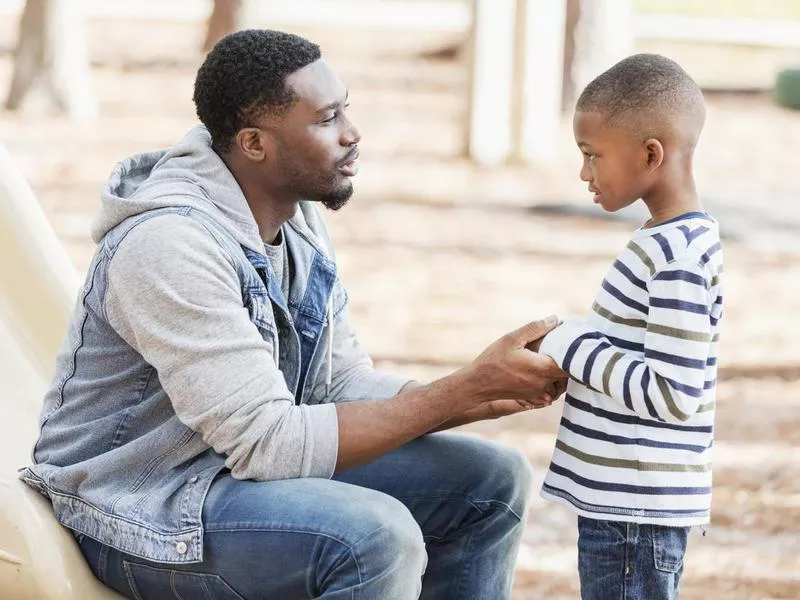
Getty Images
Even when you have the best intentions, sometimes, you’ll have slip-ups because — you know, life.
Remember that there is no such thing as a perfect divorce, and there really is no guidebook on how to do it right.
Try This
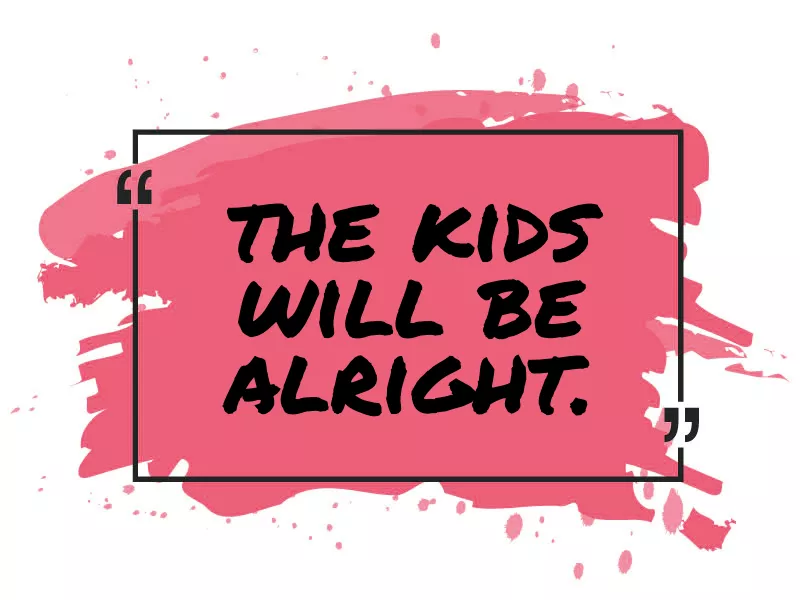
The important thing is that your kids know that you love them, and you are doing your best.
Keep doing that, and in the end, the kids will be alright.